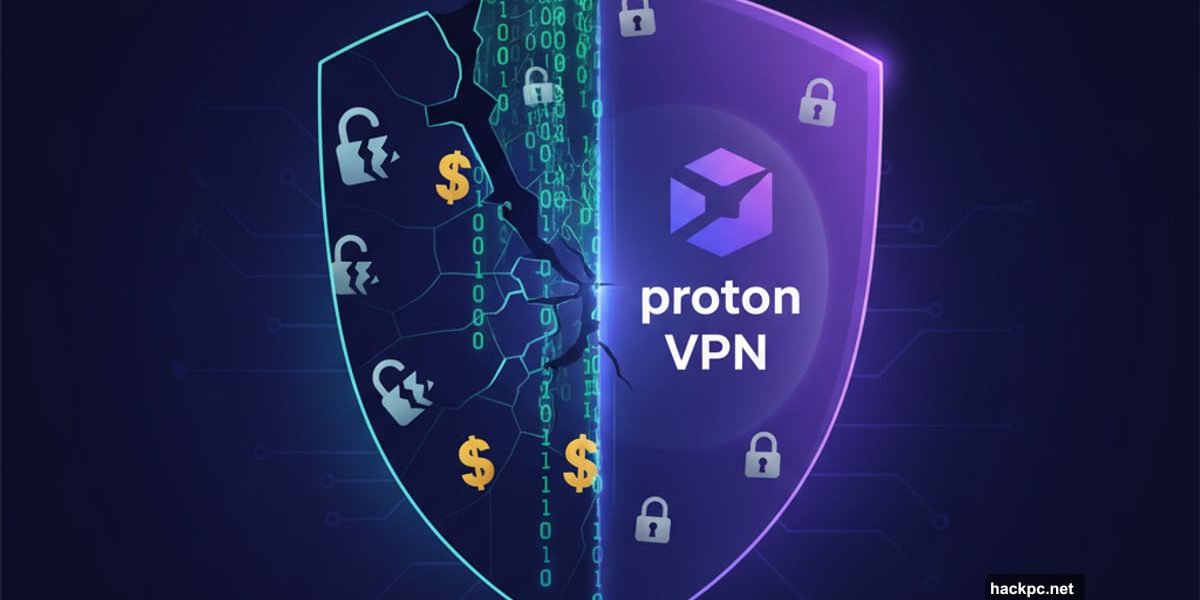
Free VPNs sound tempting. No monthly fees. Instant privacy protection. What’s not to love?
Turns out, plenty. Most free VPNs fund their operations by selling your browsing data, plastering your screen with ads or worse—infecting your device with malware. Plus, they throttle your internet speeds to a crawl.
But one free VPN breaks the mold entirely.
Proton VPN Delivers Premium Privacy for Zero Dollars
Proton VPN is the only free VPN we genuinely recommend without reservations.
Unlike competitors that impose brutal data caps or track your browsing habits, Proton gives you unlimited monthly usage. No speed throttling. No ads. No sketchy data collection.
The catch? You can’t manually pick which server to connect to. Proton automatically routes you through servers in five countries: US, Netherlands, Poland, Romania and Japan. So if you need a specific server location, you’re out of luck on the free tier.
Still, that’s a minor inconvenience compared to what most free VPNs put you through. PrivadoVPN’s free plan caps you at just 10GB monthly—barely enough for a weekend of streaming. Most others are even worse.
Android Users Get Extra Privacy
Here’s something clever. Android users don’t even need to create an account to use Proton’s free plan.
Just tap “continue as guest” and you’re connected. No email address. No payment info. Zero personal data handed over.
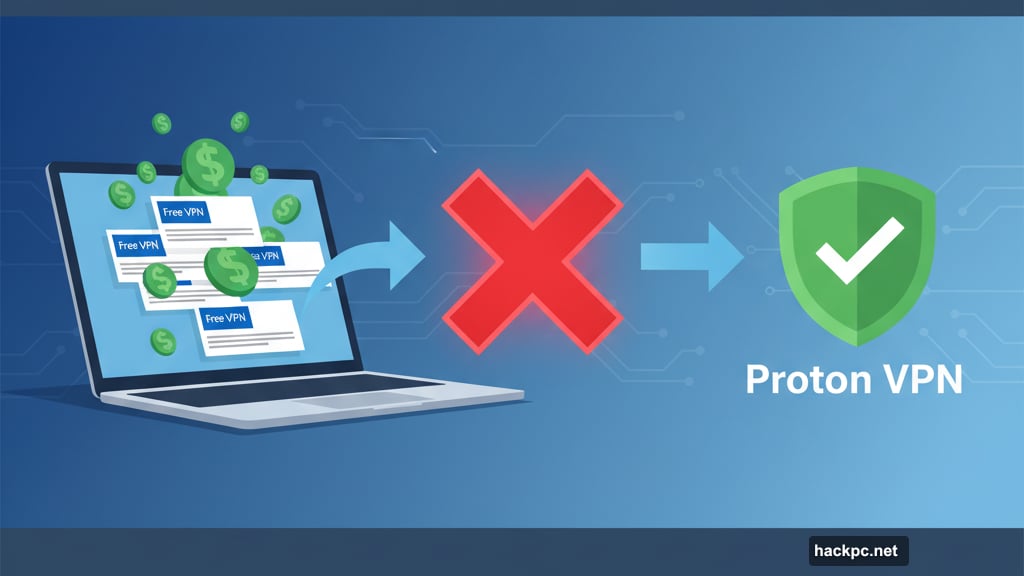
Proton plans to bring this guest mode to iOS and iPadOS in 2025. For now, iPhone users still need to create an account. But it’s a promising sign that Proton takes privacy seriously.
The Free Plan Covers Privacy Basics
Proton’s zero-dollar tier doesn’t skimp on encryption or security features.
You get AES 256-bit encryption over OpenVPN and IKEv2 protocols. WireGuard users get ChaCha20 encryption. Both are industry-standard protections that keep your data locked down tight.
Plus, Proton includes a kill switch and DNS leak protection. If your VPN connection drops unexpectedly, the kill switch cuts your internet access instantly. That prevents your real IP address from leaking.
We tested this feature extensively. It worked flawlessly every time.
Proton’s Audited No-Logs Policy Sets It Apart
Most free VPNs claim they don’t track you. Few can prove it.
Proton VPN has undergone multiple independent audits of its no-logs policy. Third-party security firms verified that Proton doesn’t collect or store your browsing data.
Moreover, Proton publishes open-source apps. Anyone can inspect the code for bugs or vulnerabilities. That’s rare transparency in an industry notorious for hiding behind vague privacy policies.
By contrast, 86% of free iOS and Android VPNs have “unacceptable privacy policies” according to Top10VPN research. Many explicitly share user data with third parties or Chinese authorities.
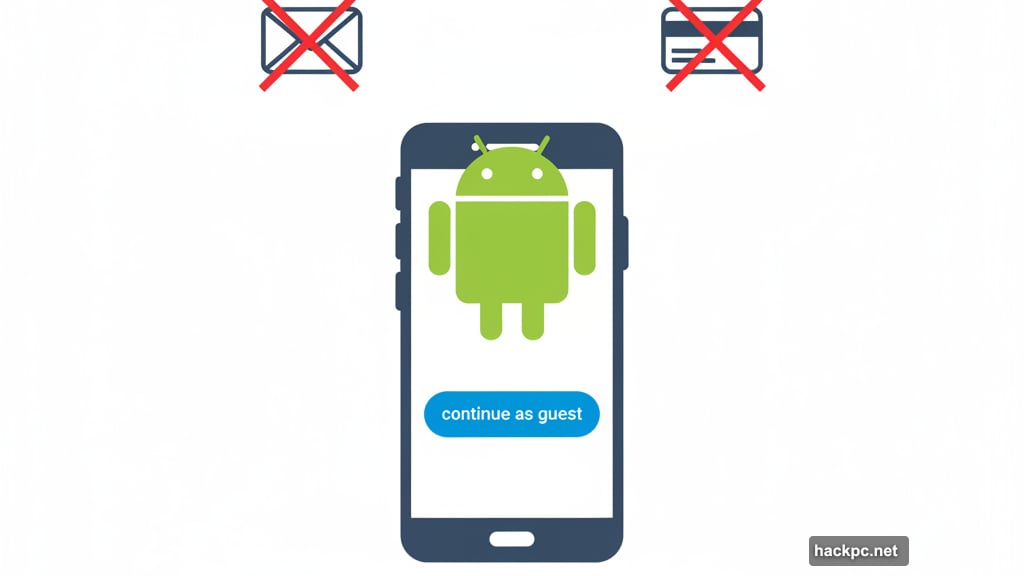
Free Plan Works for Streaming Netflix
We tested Proton’s free servers with several streaming platforms. Results surprised us.
Netflix worked without issues. We accessed US content libraries smoothly, with minimal buffering. However, streaming performance varied by server load.
Disney Plus and Hulu were hit or miss. Sometimes we got through. Other times we hit proxy detection errors. Paid VPNs like ExpressVPN and NordVPN deliver more consistent streaming unblocking.
Still, for a free service, Proton punches above its weight. Most free VPNs can’t crack Netflix’s detection systems at all.
Speed Tests Show Minimal Slowdown
VPNs always reduce your internet speed somewhat. They route traffic through encrypted servers, which adds overhead.
We measured Proton’s speed loss at 16% on average. That’s impressive for any VPN—free or paid. Many premium services slow you down by 20-30%.
In practice, you won’t notice the difference unless you’re downloading massive files or streaming 4K video on a slower connection. Regular browsing, email and standard-definition video work fine.
When Free Isn’t Enough
Proton’s free plan handles basic privacy needs well. But it has limitations.
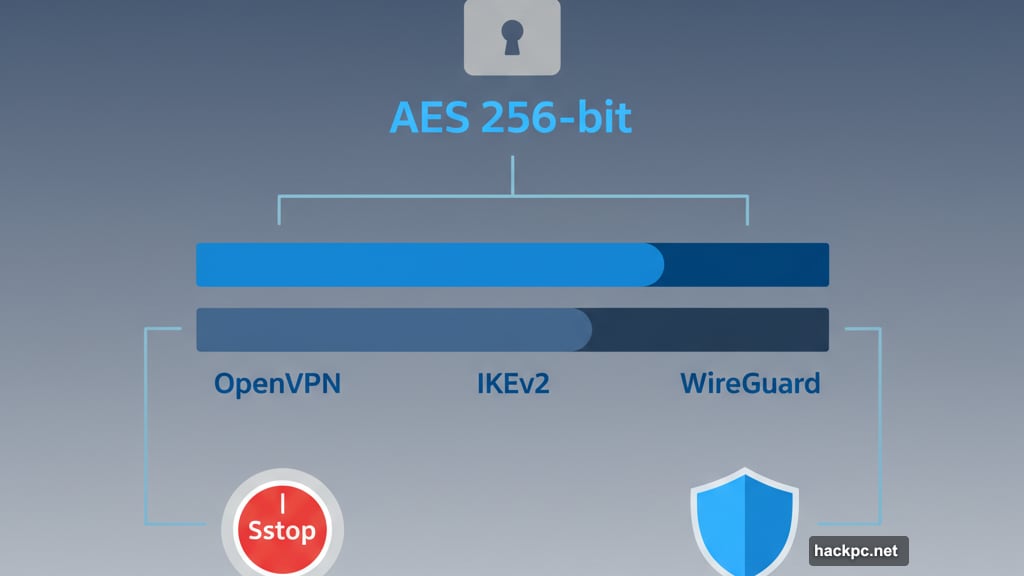
You can only connect one device at a time. Families with multiple gadgets will constantly disconnect each other. Plus, you can’t pick your server location manually, which makes accessing region-specific content tricky.
The free plan also blocks torrenting and lacks advanced features like split tunneling or custom VPN profiles.
The Paid Upgrade Makes Sense
Proton’s premium plan costs $60 for the first year. That unlocks 14,900-plus servers across 122 countries.
You get 10 simultaneous connections instead of one. Perfect for households with multiple devices. Plus, you can manually select any server, which helps with streaming foreign Netflix libraries or bypassing geo-restrictions.
Paid subscribers also get Secure Core servers, which route traffic through multiple countries for extra privacy. There’s Tor over VPN for anonymity-critical situations. And a Stealth protocol helps mask your VPN traffic when using networks that block VPNs.
The annual plan renews at $80 per year after the first year. That’s cheaper than ExpressVPN ($117 annually) and NordVPN ($140 annually), but slightly more than Surfshark ($79 annually).
Most Free VPNs Are Dangerous
Let’s be blunt. The vast majority of free VPNs are terrible.
Research from CSIRO found that 38% of free Android VPNs contain malware. Yes, many were highly-rated apps with millions of downloads.
Others sell your bandwidth to third parties without your knowledge. Hola VPN infamously got caught in 2015 turning users into unwitting botnet participants.
Even “legitimate” free VPNs often inject tracking code or redirect your traffic through ad servers. HotSpot Shield faced FTC complaints in 2017 for secretly selling user data to advertisers.
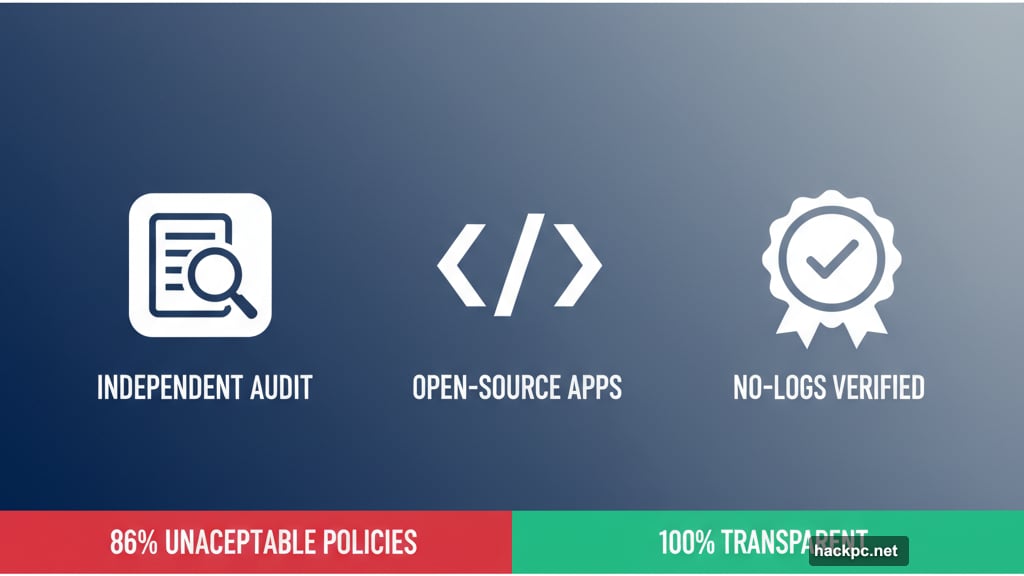
The economics are simple. Operating a VPN costs serious money. If you’re not paying with dollars, you’re paying with your data.
Seven-Day Trials Beat Most Free Options
If Proton’s limitations feel too restrictive, consider free trials from premium VPNs instead.
ExpressVPN, Surfshark and NordVPN all offer seven-day trials through the Apple App Store or Google Play Store. After seven days, you’ll get charged if you don’t cancel.
Additionally, these providers offer 30-day money-back guarantees. Sign up, test the full service, then request a refund if it doesn’t meet your needs. It’s basically a month-long free trial.
This approach gives you access to premium features without the risks of dodgy free VPNs. You’ll get faster speeds, better streaming unblocking and stronger privacy protections.
The Bottom Line on Free VPNs
Proton VPN’s free plan is the exception that proves the rule.
It delivers genuine privacy protection without selling your data, throttling speeds or bombarding you with ads. For casual browsing and basic privacy needs, it’s excellent.
But if you need to stream foreign content libraries, connect multiple devices simultaneously or access advanced privacy features, you’ll want a paid plan—whether from Proton or another trusted provider.
The key is avoiding the trap most free VPNs set. If a service seems too good to be true, it probably is. Your data is worth far more than you realize.
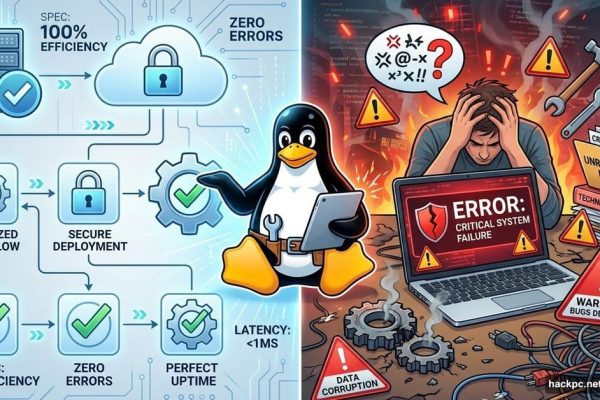
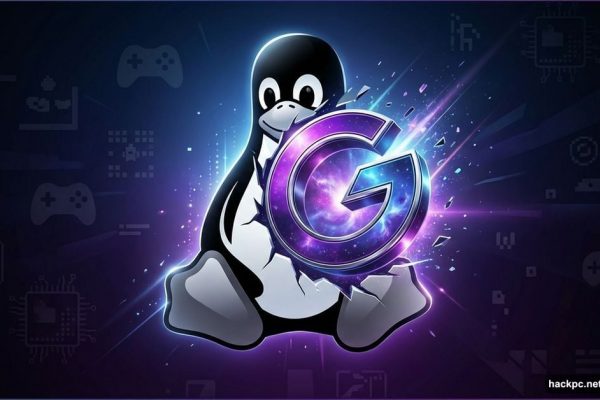
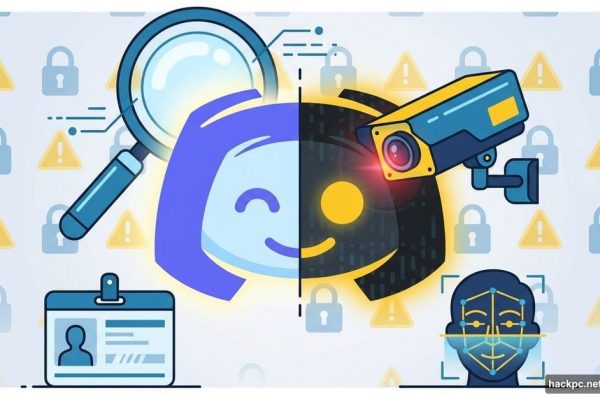
Comments (0)